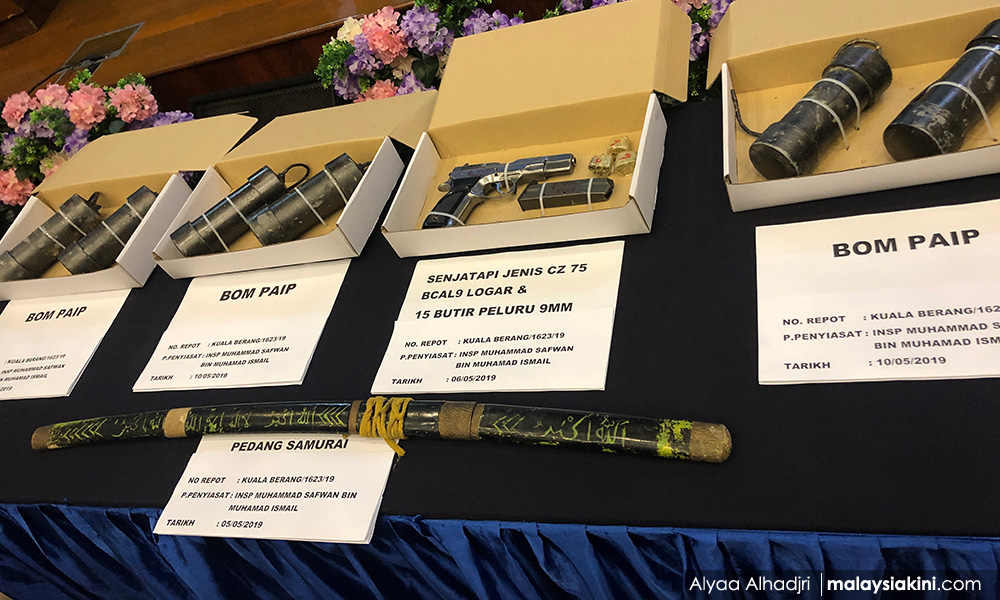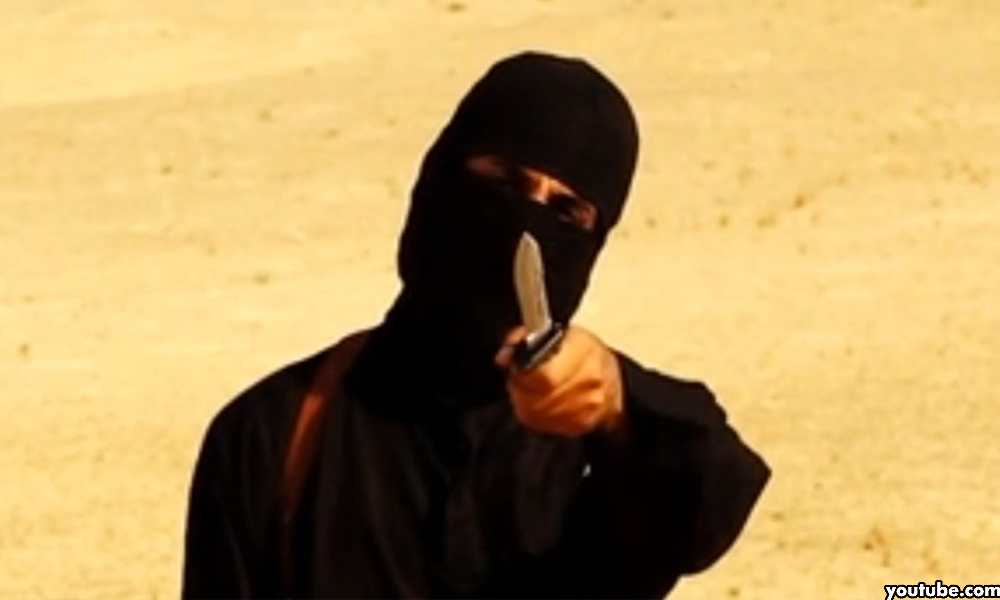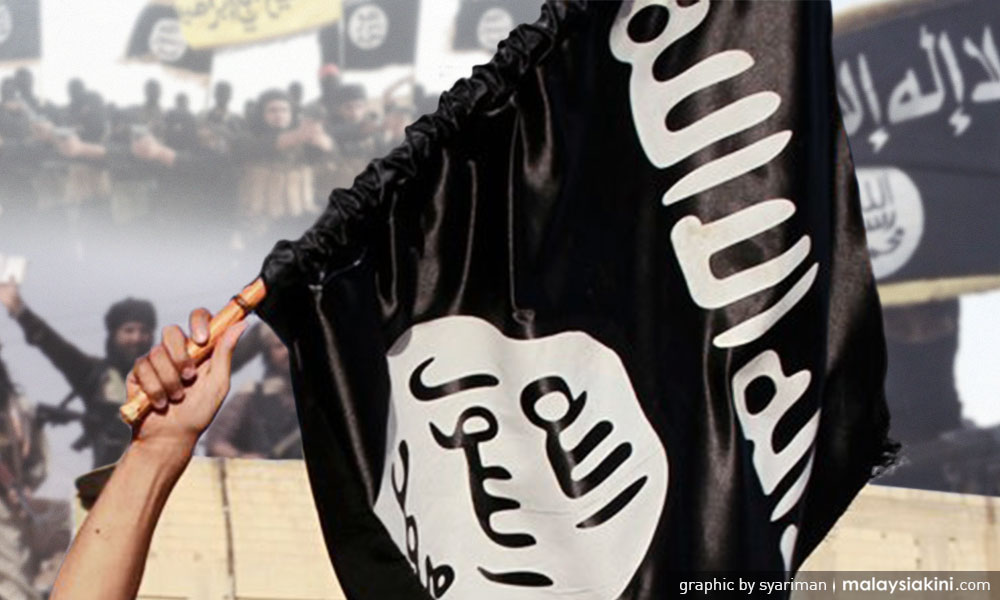
The Islamic State (IS) or Daesh has been suffering big blows in Syria where their fighters are fast losing control and losing ground. According to media reports, they are more or less wiped out as a formal authority and have been driven underground.
On the other hand, outside of Syria and especially in Southeast Asia, it would seem that they are still going strong. Every now and then, we see small groups in countries like the Philippines, Indonesia and even Malaysia, that are active, either carrying out an attack or planning one.
Just last week, the Malaysian authorities arrested four men, Malaysians and foreigners, who were said to be planning large scale attacks on places of worship and also had the intention of assassinating several ‘high profile individuals’ in the country. It looks like their plans are foiled now.
According to the authorities, these small groups operating separately from the bigger IS organisation are fast becoming a danger. They comprise of four to six men and although they are affiliated with the bigger organisation, they are still distant enough that their arrest will not bring down everyone.
The four detained last week, for example, were linked with the Indonesian IS. Apparently, they used Telegram chat groups to stay in touch and communicate. This is quite consistent with the fact that the terror group Jemaah Islamiyah seems to be slowly re-emerging in the Nusantara islands.
Now, here’s the interesting part to me. These small groups of terrorists are known as ‘wolf packs’. This term has been coined and used by the authorities and also the media. It isn’t a new term. It has been used by the said authorities and media for quite a while now. The ‘lone wolf’ is another term and it refers to individuals who act alone.

Don’t any of you think that calling them ‘wolf packs’ and ‘lone wolf’ is just too cool? For a young man who is full of macho running through his veins and looking for a purpose in life, being a ‘lone wolf’ or running in a ‘wolf pack’ would probably be the epitome of cool.
It’s like watching the movie Die Hard. Bruce Willis plays the macho and potty mouth cop John McClane who is constantly battling Russian terrorists alone. Everybody wanted to be like John McClane, firing machine guns, blowing up aeroplanes and yelling “Yippee ki-yay mother f**ker!”
But the thing is, in Die Hard the macho hero that everyone wants to be is actually a good guy who is fighting terrorism and wants to bring peace to the world. That’s the purpose of the show, and it’s to romanticise the good guy so that everyone wants to be him.
By calling these terrorist groups ‘wolf packs’ in the media, it works almost the same way. These bad guys are being unintentionally made into cool role models and heroes that people would want to emulate. It’s wrongfully romanticising the extremist agenda and making it cool and macho.

Language plays a very important role when we want to get certain messages across, and in this case, the messages are countering and preventing violent extremism. The authorities and the media need to understand that how they frame the information is going to determine how it is received.
Take another example of how the Western authorities would always use the term ‘collateral damage’ to refer to civilians who are accidentally killed in an attack that is carried out by them. They would never explicitly say that ‘civilians were killed’ because that would garner too much of a negative response.
It’s not that our authorities and media are that ignorant of this. They understand the importance of language and presentation too. That’s why any statements released by the authorities or news reports written by the media about the Palestinian and Israeli conflict are made very carefully.
Whenever Palestinians die, the words used are stronger and would have a more negative connotation. When Israelis are killed, the words and terms used are less negative.
For example, our media would be more prone to writing a sentence like: “Ten Palestinian school students were brutally killed in an attack by Israeli forces”
This would be as opposed to a sentence like: “Israeli forces attack a Hamas stronghold and 10 Palestinian students were caught in the crossfire.”
The point that I am trying to make here is that we need to make an effort to stop violent extremism. We all agree that religious extremism, such as the kind that IS or Daesh is propagating, is wrong. So we need to make sure that the public is also made aware and for that to happen, the information presented to the public has to crafted carefully.
So, instead of calling these four detained men as ‘wolves’ in a ‘wolf pack’, maybe the authorities and media should be calling them things like ‘an intrusion of cockroaches’, ‘gaggle of geese’, ‘bunch of worms’ or even a ‘swarm of flies’. Then it wouldn’t sound so cool and appealing anymore.
ZAN AZLEE is a writer, documentary film-maker, journalist and academic. He had waited so long for a change in the system and he is not willing to settle for a half-past-six change. Visit fatbidin.com to view his work. - Mkini



No comments:
Post a Comment
Note: Only a member of this blog may post a comment.